Nocturnal myoclonus syndrome, also known as periodic limb movement disorder, is the condition marked by episodes of irresistible urge to move the limbs in order to get rid off uncomfortable sensation. This usually occurs at night, during sleep, but may also happen during daytime. Nocturnal myoclonus syndrome commonly affects middle aged or older individuals. This disorder causes constant movement of the calves, thighs or feet. This twitching of the muscles can vary in severity over a series of nights.
Nocturnal myoclonus syndrome can disrupt sleep which can eventually manifest as excessive daytime tiredness. The disorder causes muscles to be constantly tense. The episodes may take place two times a day, during sleep and while being awake. This periodic limb movement may last from couple of minutes to an hour or even longer.
Causes of Nocturnal Myoclonus Syndrome
Nocturnal myoclonus syndrome is associated with different medical conditions and use of certain substances. Periodic limb movement disorder can occur due to anemia, cataplexy, Parkinson’s disease, narcolepsy, obstructive sleep apnea and sleep behavior disorder. Furthermore, iron deficiency, diabetes, chronic uremia, spinal cord injury, restless leg syndrome, neurological disorder and sleep related eating disorder can lead to nocturnal myoclonus syndrome. Additionally, the syndrome can be triggered by narcoleptic medications, barbiturate withdrawal, dopaminergic medications, benzodiazepine withdrawal, coffee drinking and stress.
Symptoms of Nocturnal Myoclonus Syndrome
As it has been already mentioned, nocturnal myoclonus syndrome interferes with sleep causing the affected person to suffer from difficulty falling asleep and staying asleep throughout the night. Twitching of the affected limb can occur while the person is awake or asleep. The disorder also causes aching, burning and crawling sensations in the affected limb. The feet or toes may occasionally jerk while the person is lying down or sleeping. The person has the urge to move the limbs to bring temporary relief. Muscle twitching is typically aggravated at night or while the person is resting. Sleep interruptions and constant muscle spasms can lead to excessive daytime sleepiness and fatigue.
Treatment for Nocturnal Myoclonus SyndromeNocturnal myoclonus syndrome cannot be completely cured but there are medications that can successfully manage twitching and muscle jerks. Commonly used medications for nocturnal myoclonus syndrome are certain anti-Parkinson’s drugs, anticonvulsants, bezodiazepines and narcotics. Dietary changes that involve eliminating tea, coffee and sugar are also part of the treatment. The patient is advised to regularly exercise in order to change his sleeping patterns. Folic acid and iron are given to patients suffering from anemia.



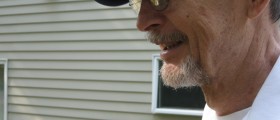
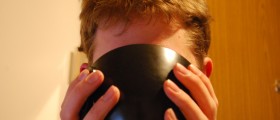
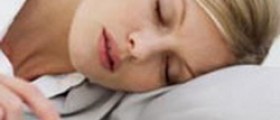
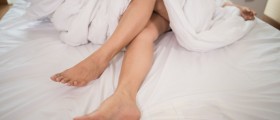
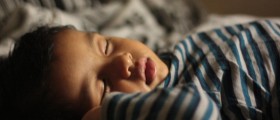
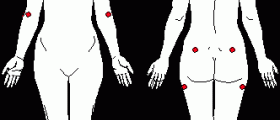
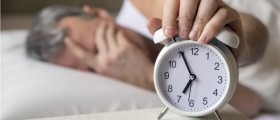


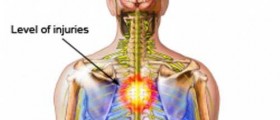
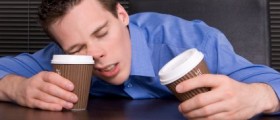
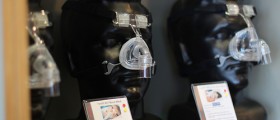
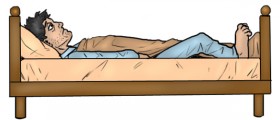
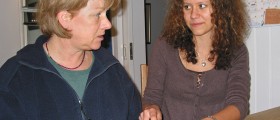
Your thoughts on this
Loading...